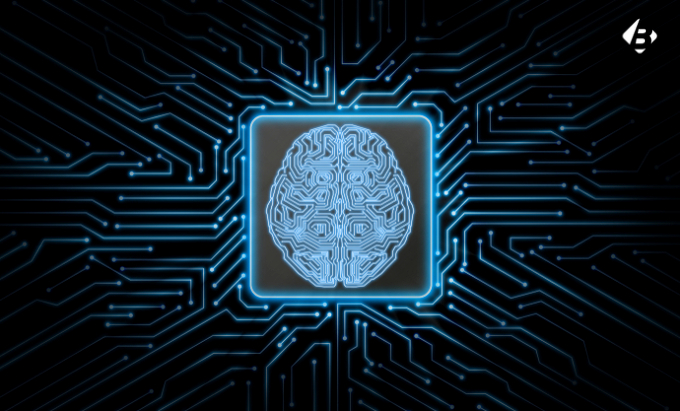
Artificial intelligence (AI) has transitioned from a futuristic concept to a powerful force shaping our present reality. Its impact resonates across diverse industries, from healthcare and finance to manufacturing and entertainment. As AI continues to evolve, driven by advancements in natural language processing (NLP) and computer vision (CV), we are witnessing its transformative power in a multitude of ways.
Beyond the Buzzwords: Decoding AI’s Capabilities
At its core, AI encompasses a range of technologies that enable machines to exhibit intelligent behavior, such as learning, problem-solving, and decision-making. These capabilities are fueled by subfields like:
- Machine learning (ML): Algorithms that learn from data, allowing computers to improve their performance over time without explicit programming.
- Deep learning: A subset of ML inspired by the structure and function of the human brain, enabling machines to process and analyze complex data, such as images and speech.
- Natural language processing (NLP): Techniques that enable machines to understand and generate human language, facilitating communication between humans and machines.
- Computer vision (CV): Technologies that allow machines to extract meaningful information from visual data, including images and videos.
Revolutionizing Industries: AI Applications in Action
AI’s impact extends across various sectors, transforming how we work, live, and interact with technology:
- Healthcare: AI algorithms analyze medical images to detect diseases early, diagnose complex conditions, and personalize treatment plans.
- Finance: AI-powered systems analyze market trends, predict financial risks, and detect fraudulent activities.
- Manufacturing: AI automates tasks, optimizes production processes, and predicts equipment failures, leading to increased efficiency and reduced costs.
- Entertainment: AI personalizes content recommendations, generates realistic virtual environments, and even writes scripts and musical pieces.
- Retail: AI personalizes shopping experiences, optimizes logistics and supply chains, and analyzes customer behavior to improve marketing strategies.
Facing the Challenges: Ethical Considerations and Responsible Development
While AI holds immense potential, its development and application raise ethical concerns:
- Bias and discrimination: AI algorithms can perpetuate biases present in the data they are trained on, leading to discriminatory outcomes.
- Job displacement: Automation powered by AI may lead to job displacement in certain sectors, raising concerns about unemployment and the need for retraining programs.
- Privacy and security: AI systems collect and analyze vast amounts of data, posing potential risks to privacy and security.
Addressing these challenges is crucial for ensuring responsible AI development and deployment. Fostering diversity in AI teams, developing ethical guidelines, and prioritizing transparency and accountability are essential steps towards building a future where AI benefits all of humanity.
The Future Beckons: AI’s Unfolding Potential
As AI continues to evolve, its capabilities will further expand, impacting every aspect of our lives. From personalized education and healthcare to self-driving cars and intelligent assistants, the possibilities are endless. However, embracing this potential requires a collaborative approach that prioritizes ethics, transparency, and responsible development.
By actively shaping the future of AI, we can harness its power to create a better world for all. Are you ready to embrace the transformative power of AI? Share your thoughts and join the conversation about the future of this revolutionary technology.
AI’s evolution from buzzword to reality is reshaping industries, yet ethical considerations must guide its development. As we navigate AI’s transformative power, addressing bias, job displacement, and privacy concerns is pivotal for a future where AI benefits society responsibly. Let’s ensure its potential is harnessed ethically and inclusively.
The real-world impact of AI across industries is impressive, but it comes with ethical challenges. From healthcare to finance, responsible development is key. Addressing biases, ensuring job market resilience, and safeguarding privacy are essential steps in shaping a future where AI enhances lives without compromising ethical standards.
AI’s applications are revolutionizing industries, but the journey from hype to reality brings ethical considerations to the forefront. As AI evolves, addressing biases, ensuring job market adaptability, and prioritizing privacy and security are crucial. Let’s engage in a thoughtful dialogue to shape AI’s future responsibly and inclusively.
AI’s journey from concept to reality is remarkable, impacting diverse sectors. However, ethical considerations are paramount. Tackling biases, addressing job market shifts, and safeguarding privacy are integral to responsible AI development. Let’s collectively shape the path forward, ensuring AI’s transformative power benefits humanity responsibly and inclusively.